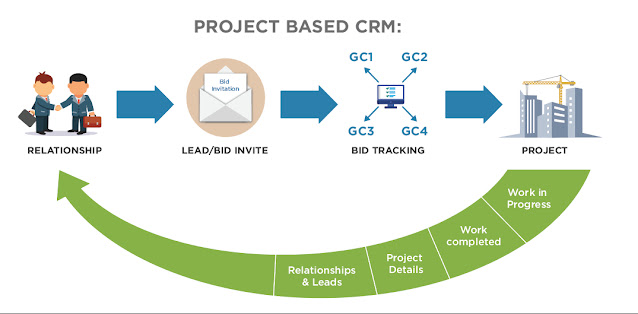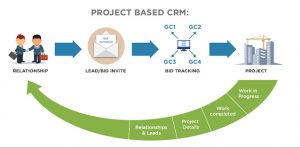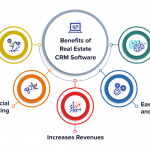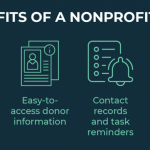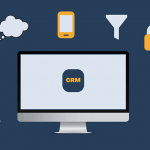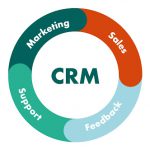In the fast-paced world of construction, contractors face numerous challenges in managing projects, communicating with clients, and organizing their business operations. Customer Relationship Management (CRM) software, which has long been utilized by businesses across various industries, is now making its mark in the construction sector.
CRM for contractors offers a range of powerful features and benefits that can revolutionize how contractors manage their projects, enhance client relationships, and streamline their overall operations. In this article, we will explore the power of CRM for contractors and how it can empower them to achieve success in their projects.
-
Centralized Project Management
CRM for contractors provides a centralized platform for managing construction projects. Contractors can create and track project details, including project milestones, tasks, deadlines, and resource allocation. By having all project-related information in one place, contractors can easily monitor the progress of each project, identify potential bottlenecks, and ensure that projects are completed on time and within budget. This centralized approach improves project management efficiency and allows for better collaboration among team members.
-
Enhanced Client Relationship Management
Effective client relationship management is crucial for contractors to build trust, secure repeat business, and generate positive referrals. CRM software allows contractors to maintain a comprehensive database of client information, including contact details, project history, communication logs, and client preferences. With this information readily available, contractors can personalize their interactions with clients, anticipate their needs, and provide exceptional customer service. CRM for contractors enables contractors to strengthen their client relationships and foster long-term partnerships.
-
Streamlined Communication and Collaboration
Communication is a key aspect of successful construction projects. CRM for contractors facilitates seamless communication and collaboration by providing tools for email integration, document sharing, and task assignment. Contractors can send emails directly from the CRM system, ensuring that all project-related communication is recorded and accessible. Moreover, contractors can share important project documents, such as blueprints, permits, and progress reports, with team members and clients through the CRM platform. This streamlines communication, reduces miscommunication, and improves overall project efficiency.
-
Efficient Lead and Opportunity Management
CRM for contractors offers robust lead and opportunity management capabilities. Contractors can track and manage leads from various sources, assign leads to team members, and track the progress of each lead throughout the sales cycle. This allows contractors to prioritize their sales efforts, nurture leads effectively, and increase their chances of winning new projects. Additionally, CRM software provides insights into potential opportunities, helping contractors identify lucrative projects and allocate resources accordingly.
-
Automated Estimating and Quoting
Estimating and quoting are essential aspects of contractor business operations. CRM software streamlines this process by automating estimating and quoting tasks. Contractors can create standardized templates, generate accurate estimates based on project specifications, and quickly create professional quotes for clients. This automation saves time, reduces errors, and ensures consistency in the pricing and quoting process. Contractors can also track quotes and follow up with clients, increasing the likelihood of converting quotes into actual projects.
-
Analytics and Reporting
CRM for contractors provides valuable analytics and reporting features that enable contractors to gain insights into their business performance. Contractors can generate reports on project progress, sales performance, lead conversion rates, and client satisfaction. These reports help contractors identify areas for improvement, evaluate project profitability, and make data-driven decisions. By analyzing key metrics and trends, contractors can optimize their operations, refine their strategies, and drive business growth.
-
Integration with Construction-Specific Tools
CRM for contractors can integrate with construction-specific tools and applications, further enhancing its functionality and adaptability to the industry. For example, CRM software can integrate with project management software, accounting systems, and scheduling tools commonly used in the construction sector. This integration ensures seamless data flow between different systems, eliminating data silos and enhancing overall operational efficiency.
